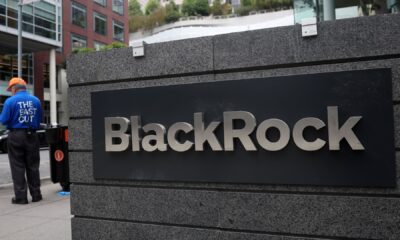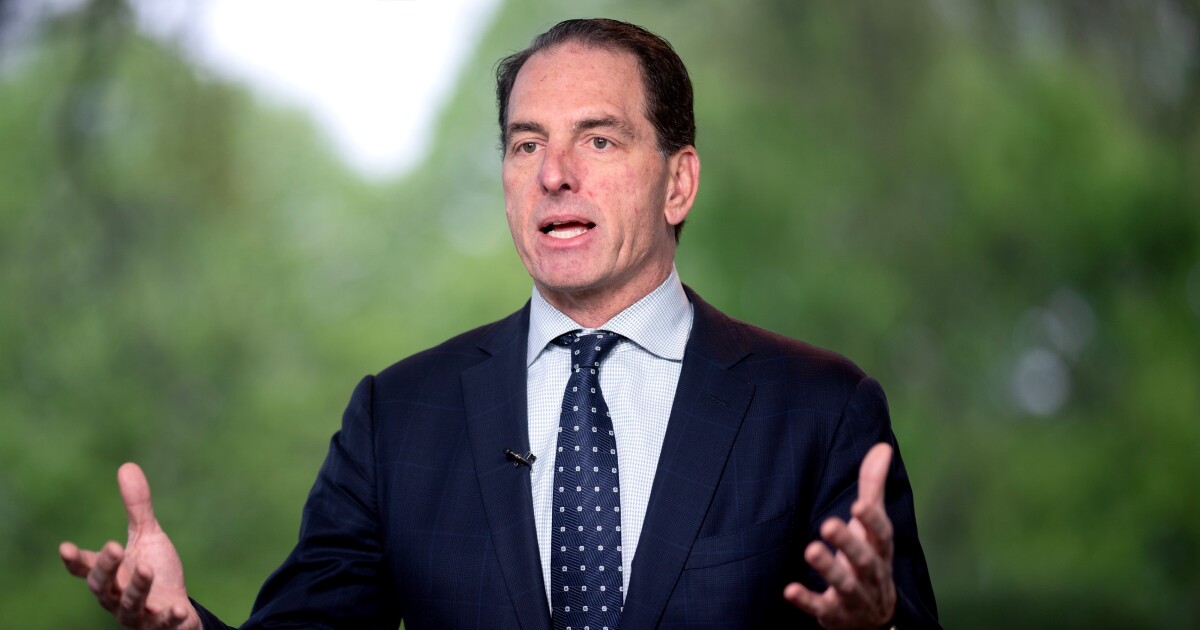Accounting
Private sector hiring and pay growth slowed in July

Accounting
Acting IRS commissioner reportedly replaced
Accounting
On the move: EY names San Antonio office MP
Accounting
Tech news: Certinia announces spring release
-

 Personal Finance1 week ago
Personal Finance1 week agoStudent loan changes likely coming under Trump
-

 Accounting1 week ago
Accounting1 week agoTrump’s tariff shift has markets, industry groups panicked
-

 Personal Finance1 week ago
Personal Finance1 week agoSocial Security updates anti-fraud measures for benefit claims
-

 Personal Finance1 week ago
Personal Finance1 week agoSocial Security COLA projected to be lower in 2026. Tariffs may change that
-

 Personal Finance1 week ago
Personal Finance1 week agoMajority of Americans are financially stressed from tariff turmoil: CNBC survey
-

 Economics1 week ago
Economics1 week agoTrump’s triple-digit tariff essentially cuts off most trade with China, says economist
-

 Economics1 week ago
Economics1 week agoTrump’s tariff blitz faces strong legal challenges
-

 Finance1 week ago
Finance1 week agoStocks making the biggest moves midday: Frontier Group, JPMorgan, Apple, Stellantis, BlackRock and more












